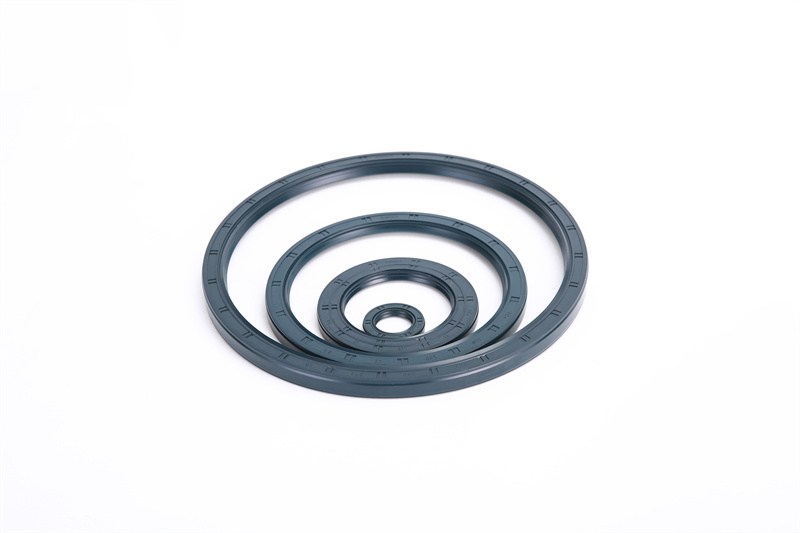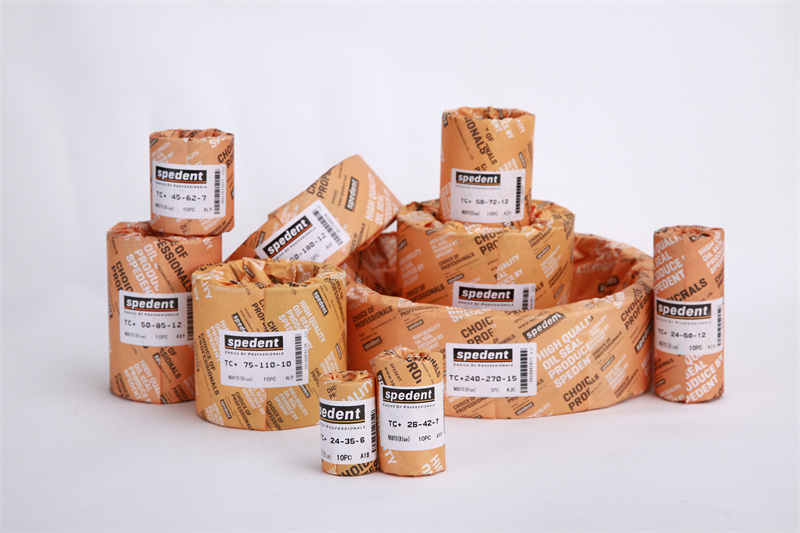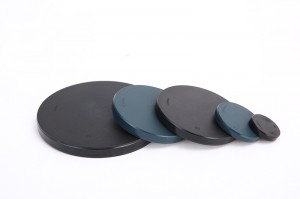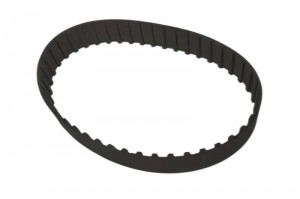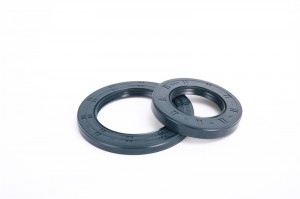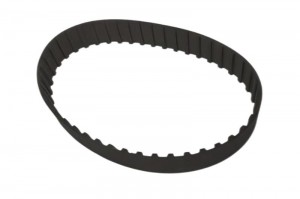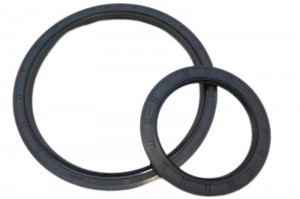Introduction of Oil seals for slewing bearing
Product details
These oil seals are specifically designed to create a barrier between the rotating shaft and the stationary housing, ensuring that lubricating oil stays inside the bearing while keeping out dirt, dust, water, and other harmful substances. By preventing the loss of lubrication and protecting against external contaminants, oil seals help to minimize friction, wear, and damage to the bearing surfaces.
The construction of oil seals for slewing bearings typically consists of an outer metal case, a rubber sealing element, and a spring or garter spring that applies radial pressure to maintain contact with the shaft. The rubber sealing element is usually made of nitrile rubber (NBR) or fluoroelastomer (FKM), which are known for their excellent sealing properties and resistance to oils, greases, and various operating conditions.
One of the key design considerations for oil seals in slewing bearings is their ability to withstand axial and radial movements due to the rotational motion and loading of the bearing. Special lip profiles such as double lips or labyrinth designs are employed to accommodate these movements while maintaining an effective seal.
In addition to their sealing function, oil seals for slewing bearings also act as barriers to retain the lubricating oil within the bearing. This helps to reduce maintenance requirements and extend the operational lifespan of the bearing system. Proper lubrication is crucial for optimal performance and minimizing wear, making oil seals an integral part of the overall bearing arrangement.
Overall, oil seals for slewing bearings are essential components that provide effective sealing and lubricant retention, enabling smooth operation and protection in various applications such as construction machinery, wind turbines, cranes, excavators, and many other large-scale rotating equipment.
